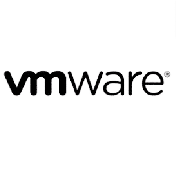Kategorie wählen
Microsoft
Microsoft Office
ITIL
Red Hat
Cisco
 VMware
VMwareCitrix
Unix Linux
Amazon AWS
 Oracle
OracleAutoCAD
IBM
Hewlett Packard Enterprise (HPE)
Google
Salesforce
AI – Artificial Intelligence
Automatisierung
Cloud Computing
Grafik
IT-Management
Development
Security
Netzwerk
Data Science
Soft Skills
Video Based Trainings
Nachhaltigkeit
